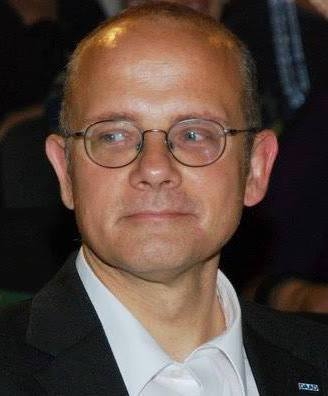Many Russians today believe their nation is surrounded or has been infiltrated by various aliens who are engaged in, or planning to, subvert the Russian national government, security, traditions and culture. Oddly, the most serious potential future threat to the Russian state and its borders, the increasingly nationalistic and powerful People's Republic of China, is exempted from the various xenophobic campaigns of Russia's government-controlled mass media.
The function of the ethnocentric agitation of the Russian leadership during the last 10 years is obvious. If the Russian state is a fortress which has to protect the country's national sovereignty, integrity and identity -- then unfettered permission of civic freedoms, overly trustful relations with foreign countries, and uncontrolled pluralism of political opinion are a dangerous luxury. A "sovereign democracy," "dictatorship of the law," and "vertical of power" are the labels that Putin and Co. have come up with during the last years, and are not only modes of government deeply rooted in Russian history. They are also badly need in the uncertain waters of post-Soviet national and international politics in order to secure the survival of Russia.
The peculiar dialectics of such a strategy are seemingly only now starting to get to the Russian leadership. While it is, in times of social crisis, easy to wake the genie of nationalism, it is difficult to control him once he is out of the bottle. As it becomes clearer with every year, Putin and his associates may have succeeded in consolidating their rule over the country today. At the same time, their manipulation of the national feelings and social anxieties of post-Soviet Russia's crisis-stricken population has been a play with fire.
Ironically, historians may one day come to the conclusion that it had not been the "enemies," but the leaders of the Russian Federation who, with their risky political technologies, undermined the integrity of this newly independent state.
(Note: You can view every article as one long page if you sign up as an Advocate Member, or higher).





